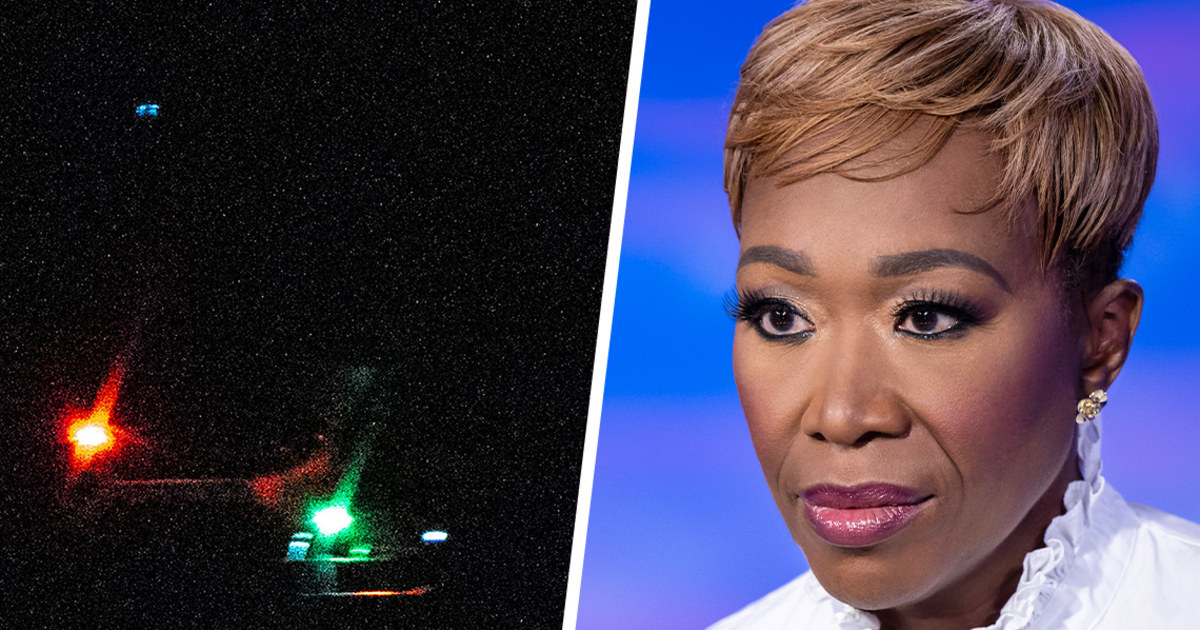
Photochemical Smog
Photochemical smog is a type of air pollution that is formed when sunlight reacts with nitrogen oxides and volatile organic compounds (VOCs) in the atmosphere. This reaction produces a mixture of harmful pollutants, including ground-level ozone, aldehydes, and peroxyacyl nitrates (PANs). Photochemical smog is typically found in urban areas with high levels of traffic and industrial activity, and can have serious health effects on humans and the environment. Exposure to photochemical smog can cause respiratory problems, eye irritation, and damage to crops and other vegetation.
Your Previous Searches
Random Picks
- Orbit Debris: Orbit debris refers to the man-made objects in Earth's orbit that no longer serve any useful purpose. These objects can include spent rocket stages, defunct satellites, and fragments from their disintegration, erosion, and collisions. Orbit ... Read More >>
- Merger: In space and astronautical engineering, a merger refers to the combination of two or more companies, organizations, or entities to form a single entity. This can occur in the context of space exploration and development, where companies or ... Read More >>
- Analog Simulations: Analog simulations refer to the use of physical models and systems to replicate the behavior of space systems and environments. This involves the creation of scaled-down versions of spacecraft, satellites, and other space systems, as well a ... Read More >>
Top News

'We didn't know she was dead': How an NBC News investigation helped families fin...
Nearly a dozen families learned from NBC News that their relative’s body was sent to the University of North Texas Health Science Center for medical research....
News Source: NBC News on 2024-12-20

Our writers pick the 26 best science fiction short stories of all time...
We asked New Scientist writers to pick their favourite sci-fi short story. From H.G. Wells’s The Time Machine to Octavia E. Butler’s Bloodchild, via stories from George R. R. Martin and Ursula K. ...
News Source: New Scientist on 2024-12-20

This is how close NASA's Parker Solar Probe will fly by the sun...
The probe is expected to pass within 3.86 million miles of the sun on Dec. 24....
News Source: ABC News on 2024-12-19

Americans are falling prey to drone conspiracy theories. Trump isn't helping....
Joy Reid breaks down the drone mystery gripping the East Coast and explains how Trump is bringing slew of conspiracy theorists into the White House...
News Source: MSNBC on 2024-12-17

Why you shouldn't wait for the Geminid meteor shower peak this year...
The Geminid meteor shower this year is set to peak at almost the same time as December's full moon, which could make for challenging viewing conditions....
News Source: CBS News on 2024-12-06